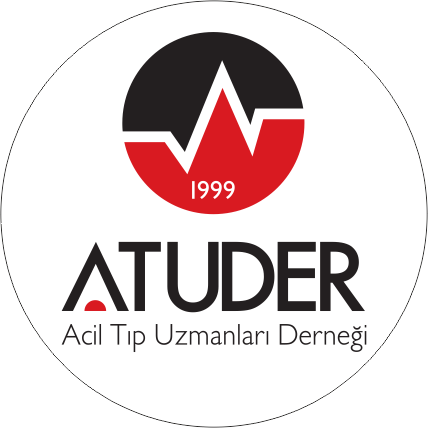ABSTRACT
Objective:
Poisonings concerning antidepressants that were reported to Drug and Poison Information Center (DPIC), in Izmir between 1993 and 2006 were analyzed.
Methods:
Age, sex, reason for the exposure, clinical effects, recommended treatment attemps and the outcome of the poisoned patients were evaluated. The severity of clinical manifestations were graded and assessed according to the EAPCCT/IPCS Poisoning Severity Score. Statistical analysis was performed by using the chi-squre test.
Results:
The DPIC recorded 65,176 calls concerning poisoning, 7709 (11.8 %) of them were antidepressant poisonings. Female/male ratio was 2.79. The most involved antidepressants were tricyclics (57.1 %, 48.5 % of them amitriptyline) and selective serotonin reuptake inhibitors (26.7 %). The incidence of concomitant drug or alcohol intake with an antidepressant drug was 8.0 %. While accidental poisonings were the most common cause of poisoning between 0-6 years (91.5 %), rate of intentional poisonings were higher in 19- 29 age group of adults and 13-18 age group of children. There were no symptoms in 78.7 % of patients. Clinical effects were graded as mild (13.2 %), moderate (3.3 %) or severe (4.8 %). Observation was recommended in 28.4 % of cases. Gastric lavage (0.6 %), activated charcoal (26.0 %), gastric lavage with activated charcoal (30.0 %) were other recommended treatments. Outcome results of most of the patients couldn’t reached. Only one 2.5 year old child died from amitriptyline ingestion.
Conclusion:
Intentional poisonings with tricyclic antidepressant ingestions are common cause of antidepressant poisonings reported to our DPIC. Amitriptyline was the most exposed tricyclic antidepressant.



